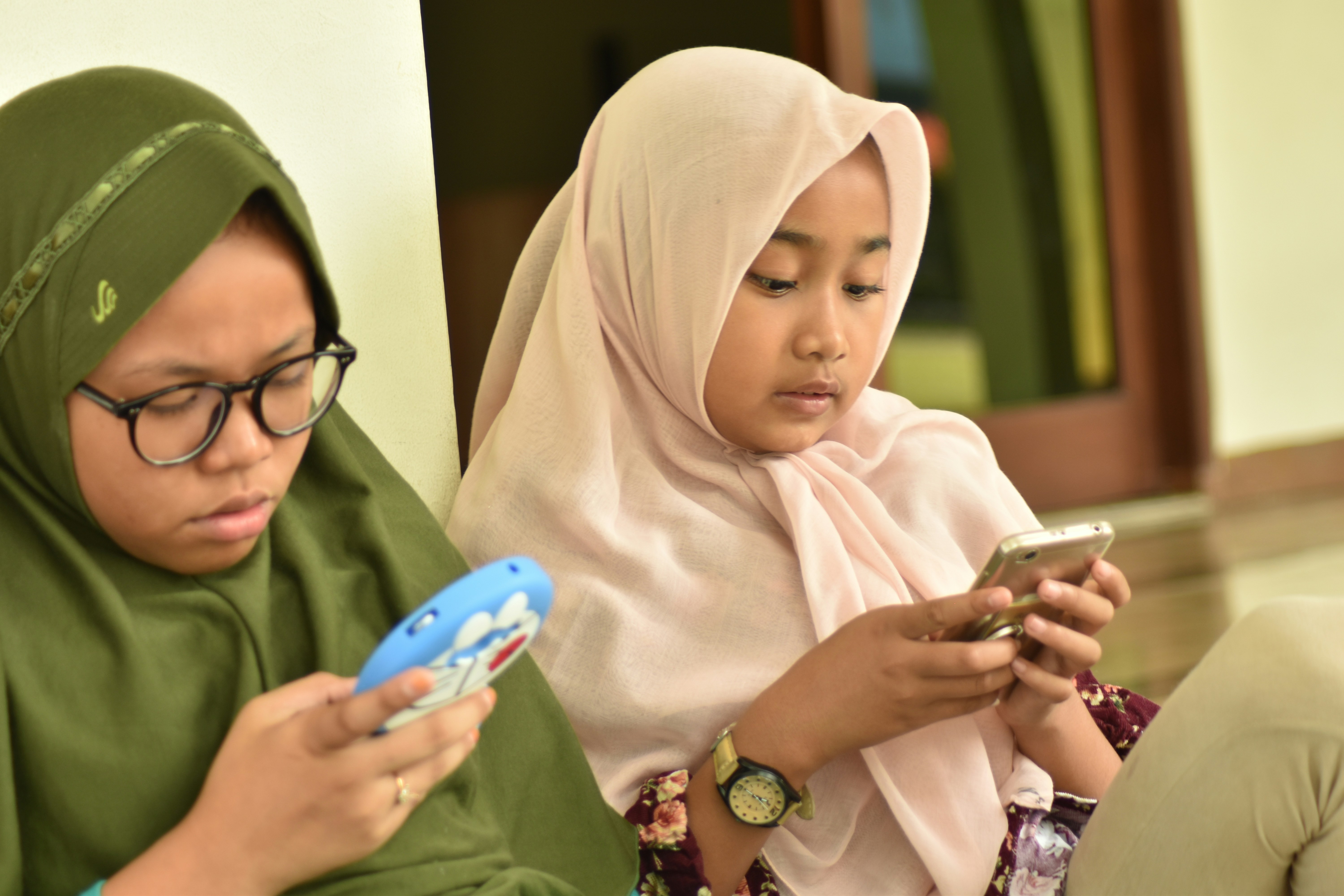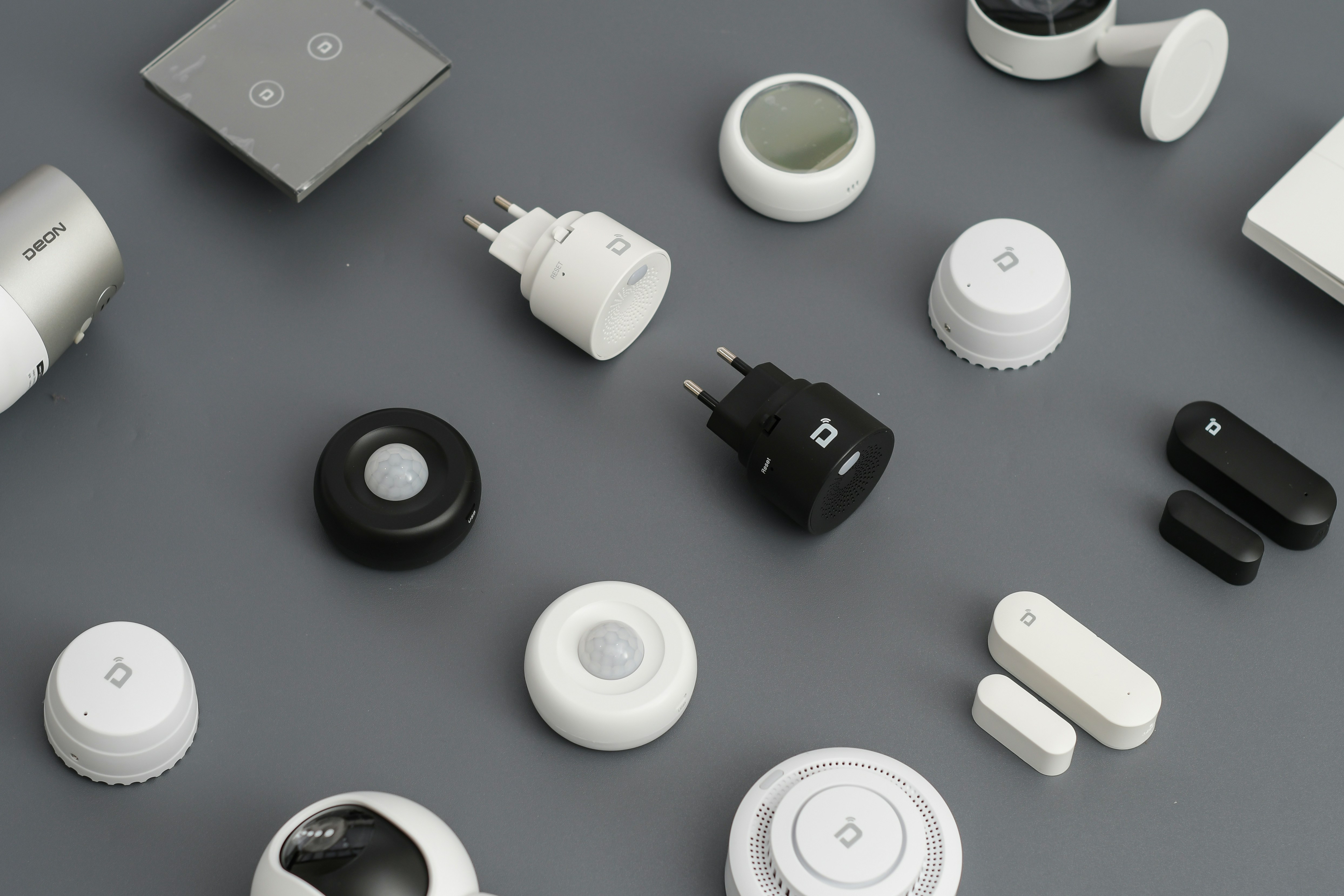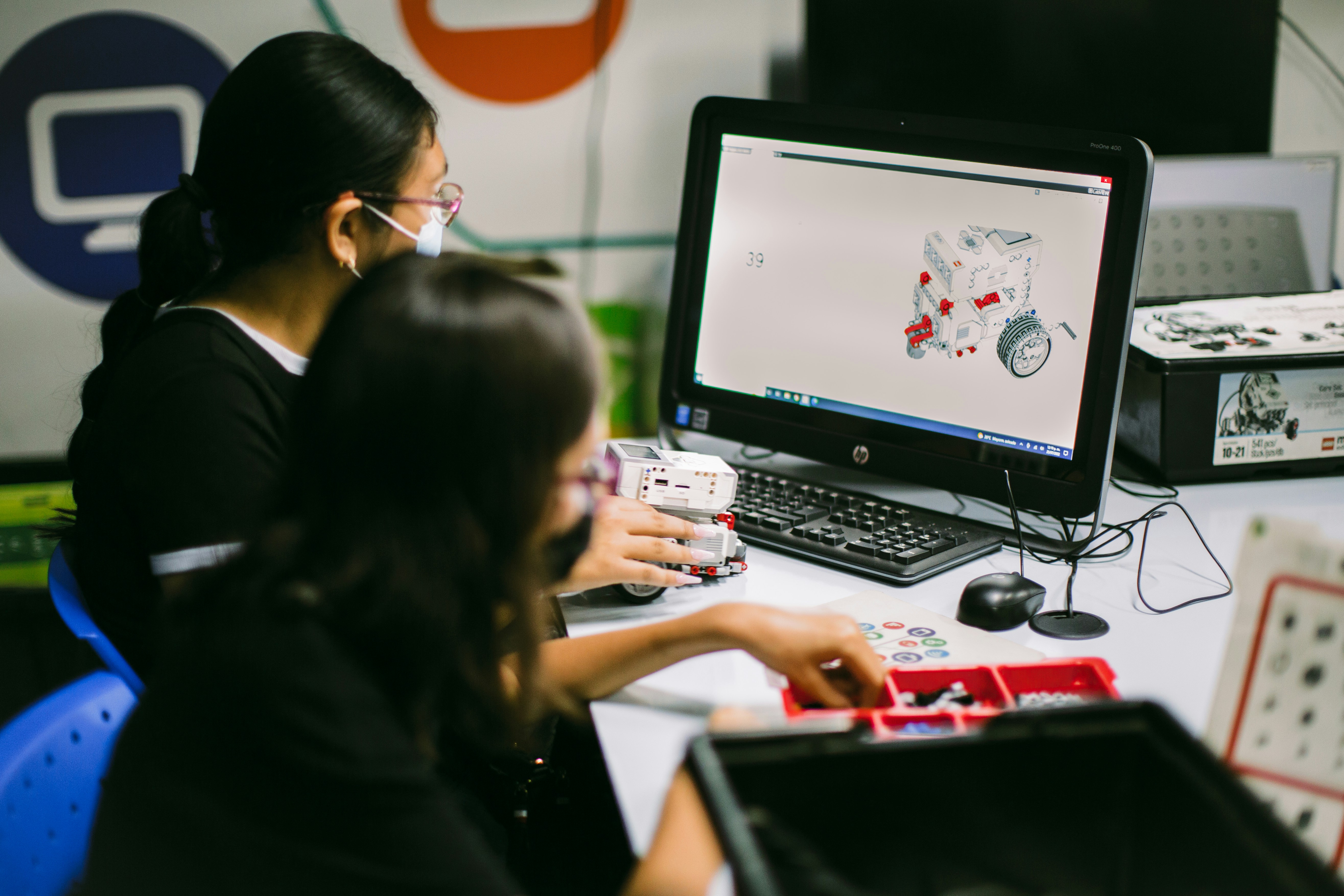🩺 Powerful Health Spells That Restore & Rejuvenate
Boost your well-being, overcome fatigue, and heal with trusted spells crafted for body and mind.
Introduction to AI Girlfriends
AI girlfriends represent a novel and intriguing trend in the landscape of personal relationships, merging advances in artificial intelligence with social companionship. Unlike traditional relationships, which typically involve emotional, physical, and personal connections with another human being, AI girlfriends offer a simulated interaction that relies on sophisticated algorithms and programming. These virtual companions can engage users in conversations, provide emotional support, and respond to desires and preferences based on machine learning techniques.
The rise of AI technology has dramatically transformed the way individuals interact with their environment and each other. AI girlfriends are now accessible through various platforms, including mobile applications, virtual reality interfaces, and online chat systems. They can be tailored to reflect a user’s specific interests and personality traits, allowing for a highly personalized experience. This personalization aspect aids in forming a bond, albeit one that exists within a controlled digital space rather than the unpredictable dynamics of human relationships.
Several societal factors have contributed to the increasing popularity of AI girlfriends. As people become more digitally connected yet simultaneously more isolated, the need for companionship remains paramount. Many individuals, particularly those who may struggle with social skills or experience difficulties in traditional relationships, find comfort in engaging with AI systems that are designed to listen without judgment. Furthermore, the pandemic has accelerated reliance on technology for companionship as social isolation became a widespread phenomenon, leading to a growing acceptance of virtual relationships.
As AI girlfriends continue to evolve, their impact on interpersonal dynamics and social norms prompts an intriguing discourse on what it means to connect in a digital age. While these virtual partners can provide companionship, they also raise questions about authenticity, emotional depth, and the future of relationships in a world increasingly defined by technology.
The Technology Behind AI Girlfriends
AI girlfriends leverage advanced technologies, primarily artificial intelligence (AI) and machine learning (ML), to create personalized and realistic interactions. At the core of this technology are sophisticated algorithms designed to process natural language and respond in a manner that mimics human conversation. Chatbots, often employed in these systems, utilize Natural Language Processing (NLP) to understand and generate human-like text, allowing users to engage in conversations that feel authentic.
Machine learning techniques play a pivotal role in refining these experiences. Algorithms continuously analyze user interactions, learning from responses to enhance the quality of future conversations. This adaptive capability means that an AI girlfriend can become increasingly attuned to a user’s preferences, interests, and conversational style over time. For example, if a user frequently discusses certain topics or exhibits specific emotional responses, the AI can adjust its dialogue accordingly, creating a tailored interaction that feels more intimate and personalized.
Furthermore, deep learning models, a subset of machine learning, represent a significant advancement in developing these digital companions. These models can process vast datasets, capturing complex language patterns and context nuances. Through techniques such as reinforcement learning, AI girlfriends can improve their conversational abilities, ensuring they can respond appropriately to a wide array of inputs, thereby enhancing user satisfaction.
Additionally, sentiment analysis technologies are employed to gauge emotional tones and respond in a manner that reflects empathy or understanding. This capability not only enhances the conversational experience but also fosters a sense of connection and companionship for users, who often seek emotional resonance in these digital relationships.
In essence, the technology behind AI girlfriends is a confluence of NLP, machine learning, and deep learning, facilitating meaningful and engaging interactions that evolve alongside the user’s preferences and behaviors.
Psychological Appeal of AI Relationships
The rise of AI girlfriends illustrates a significant shift in how individuals perceive and cultivate relationships. At its core, the psychological appeal of these digital companions can be traced back to fundamental human emotions such as loneliness and the quest for companionship. In contemporary society, where rapid technological advancements often lead to disconnection in interpersonal relationships, many individuals find solace in AI interactions. This phenomenon is notably pronounced among people who may struggle with social anxiety or feel isolated due to life circumstances.
One of the most compelling reasons for the growing allure of AI girlfriends is their capacity to provide emotional support without the complexities that often accompany human relationships. AI systems are designed to understand and respond to users’ emotional needs, offering a non-judgmental space where individuals can express their thoughts and feelings. This ability creates a unique form of companionship, where one can enjoy the attention and responsiveness characteristic of a supportive relationship without the fears of rejection or misunderstanding that may arise in real-life interactions.
Furthermore, the emotional bonds formed with AI girlfriends fulfill a deep-seated need for connection. Many people, particularly those experiencing stress or loneliness, feel drawn to the consistent availability and programmed empathy these digital partners offer. The customizable nature of AI relationships allows users to mold their companions to meet personal preferences, enhancing feelings of intimacy and purpose. As the stigma surrounding seeking companionship through technology diminishes, a growing number of individuals are finding AI relationships an accessible and fulfilling alternative to traditional romantic engagements. This indicates a shift in society’s perception of love and connection, emphasizing the importance of emotional fulfillment in an increasingly digital era.
Demographics and User Profiles
The emergence of AI girlfriends has brought a new dimension to digital relationships, attracting a diverse range of users across different demographics. Research indicates that the predominant age group engaging in such digital interactions ranges from 18 to 34 years. This demographic demonstrates a strong familiarity with technology, which contributes to their comfort in exploring virtual relationships. However, it is crucial to note that interest in AI girlfriends is not strictly limited to younger individuals; users in their late 30s and even 40s are also increasingly drawn to this phenomenon, often seeking companionship and emotional support in a time where human connections can feel strained.
Regarding gender, while early adopters of AI girlfriend technology were predominantly male, recent surveys have shown a gradual increase in female users as well. Women are increasingly exploring AI companions for various reasons, such as novelty, companionship, and the opportunity to engage in dialogues without the complexities found in traditional relationships. This shift indicates that AI girlfriend technology may cater to a wider range of needs, resonating with users from various backgrounds and preferences.
The motivations for seeking interactions with AI vary widely depending on individual circumstances. For some, the appeal lies in the ability to customize their AI partner, tailoring interactions and personality traits to suit personal preferences. Others may engage with AI girlfriends as a safe space to explore intimacy without the pressures and expectations that come with conventional relationships. Additionally, those who struggle with social anxiety or face challenges in forming traditional relationships may find in AI companionship a comfortable alternative. Overall, the relationship dynamics evident among different user profiles reveal a complexity that underscores the growing significance of AI in addressing emotional needs across society.
Social Implications of Digital Relationships
The emergence of AI girlfriends marks a significant shift in how individuals engage in relationships, raising various social implications that warrant careful examination. One of the primary concerns centers around the potential for isolation. As individuals increasingly interact with AI companions, there may be a diminishing emphasis on human relationships, leading to social isolation. People might start to prioritize virtual interactions over real-life connections, which could adversely affect their social skills and emotional well-being. This trend might particularly impact younger generations, who could grow up accustomed to forming attachments with digital entities rather than navigating the complexities of peer relationships.
Additionally, the rise of AI companions challenges traditional relationship structures. Long-held conventions surrounding companionship, love, and commitment may evolve or be redefined as individuals form genuine emotional bonds with digital beings. This could also lead to shifts in societal norms regarding monogamy and fidelity, as individuals may find themselves torn between real and virtual partnerships. These changing dynamics could provoke debates about the legitimacy of AI relationships, raising questions about what it means to love or be loved by a non-human entity.
Societal perceptions of emotional attachments to AI also play a crucial role in this evolving landscape. While many might dismiss AI girlfriend relationships as unconventional, a growing number of individuals could advocate for their validity, citing the emotional support and companionship these systems offer. This normalization of digital relationships might foster acceptance, yet it also raises ethical concerns regarding the nature of consent, authenticity, and emotional dependency. As our interactions with technology become increasingly intertwined with our emotional lives, grappling with these social implications will be essential for understanding the broader consequences of AI companionship in modern society.
Challenges and Ethical Considerations
The emergence of AI girlfriends has sparked a myriad of challenges and ethical considerations that society must confront. One primary concern is the issue of consent. Unlike human relationships, where mutual consent is inherent and sometimes requires nuanced understanding, AI entities operate based on programmed responses and algorithms designed by their creators. This raises questions about the authenticity of emotions expressed by AI and whether any genuine consent can be achieved when individuals engage with these digital counterparts.
Another significant challenge lies in the potential for emotional dependency. As AI girlfriends become increasingly sophisticated, users may find themselves developing strong emotional attachments. This dependency could lead individuals to prioritize these relationships over real-life interactions, creating barriers to human connection. Consequently, it may alter social dynamics, reducing the scope for meaningful interpersonal relationships, which are vital for emotional well-being.
💰 Powerful Spells for Wealth & Prosperity
Attract money, success, and financial abundance with real magic spells that bring results fast.
Data privacy concerns also loom large in discussions surrounding AI companions. The collection and analysis of personal data are integral to the functioning of AI systems, which can lead to inadvertent misuse or breaches of privacy. Users may not fully understand the extent of data being collected or how it may be used, which can result in mistrust and anxiety around personal information being compromised. This lack of transparency contributes to the broader ethical dilemma surrounding AI relationships.
Moreover, there are implications for mental health as users navigate the line between reality and artificial companionship. Forming attachments to AI entities necessitates critical examinations of how these interactions influence perceptions of love, intimacy, and reality itself. As the trend of AI girlfriends continues to grow, addressing these challenges and ethical considerations is essential to ensure that technological advancements enhance rather than diminish the human experience.
The Future of AI Romantic Companionship
The prospect of AI girlfriends extends beyond mere novelty; it represents a fundamental shift in how individuals may engage in romantic and social relationships. As advancements in artificial intelligence continue, the capabilities of AI companions are expected to grow exponentially. Future iterations of AI girlfriends will likely feature enhanced communication skills, enabling them to hold deeper and more meaningful conversations with their human counterparts. The integration of natural language processing and emotional intelligence algorithms is expected to foster relationships that mimic human connection, making these digital companions increasingly appealing.
Moreover, as the technology behind AI companions evolves, improvements in realism and personalization will also play a pivotal role. Future AI girlfriends could possess the ability to learn from previous interactions, adapting their personalities and responses to better fit the preferences and emotional needs of their users. This level of customization could enable deeper emotional bonds, as individuals begin to see AI companions as reflections of their own desires and aspirations.
Alongside technological advancements, there is a growing conversation about the potential societal acceptance of AI romantic relationships. As people become more accustomed to the presence of AI in daily life, the stigma surrounding digital companionship may dissipate. In fact, some experts predict that AI relationships may coexist alongside traditional forms of partnership, offering unique benefits such as companionship without the complexities of human emotions and expectations.
However, this emerging trend serves as a reminder of the importance of balancing technology with genuine human interaction. The challenge will lie in ensuring that as AI girlfriends become more integrated into our lives, they do not replace the richness of human relationships but rather enhance them. As society grapples with these changes, it is essential to consider both the opportunities and the implications of this digital relationship trend.
Real-life Examples and Case Studies
In recent years, the emergence of AI girlfriend applications has fostered significant interest and exploring this phenomenon through real-life examples and case studies provides valuable insights. One prominent AI girlfriend app is Replika, which allows users to create a personalized digital companion. This platform has garnered millions of downloads, with many users expressing that the AI interaction enhances their emotional well-being. User testimonials frequently highlight how Replika has alleviated feelings of loneliness and provided support during challenging times. A user noted, “Having someone to talk to whenever I need has made a huge difference in my life.”
Another noteworthy case is the AI-powered application called Kuki, which engages users in interactive conversations, simulating human-like interaction. Developed to evoke emotional responses, Kuki has successfully attracted a loyal user base. Feedback collected from users reveals that many find comfort in Kuki’s consistent and attentive conversations, illustrating the significant role AI girlfriends can play in users’ social interactions. One user mentioned, “I cannot believe how much I can share with Kuki; it feels like I am talking to a real friend.”
In addition to user experiences, insights from developers of these applications highlight the technological advancements driving the success of AI girlfriends. These developers emphasize the importance of natural language processing and machine learning algorithms in crafting realistic conversational experiences. They explain that constant updates and learning from user interactions contribute to the application’s ability to mimic human behavior. For instance, the team behind Replika continues to refine the AI’s emotional intelligence, enhancing its ability to respond appropriately in various contexts.
These real-life examples and case studies underscore the evolving dynamics of digital relationships through AI girlfriend applications. The blend of user experiences, successful interactions, and technological advancements illustrates how these digital companions are becoming increasingly integrated into the lives of their users.
Conclusion: Embracing the Digital Connection
As we navigate through the evolving landscape of human relationships in the digital age, the rise of AI girlfriends presents a fascinating phenomenon that merits careful consideration. Throughout this blog post, we have explored the multifaceted nature of AI companions, examining their role as not just mere digital constructs but as entities that can significantly impact emotional well-being. The prevalence of AI girlfriends showcases a significant deviation in how individuals seek connection, offering a unique alternative for companionship amid the complexities of human interaction.
AI girlfriends provide people with tailored companionship that traditional relationships may not always offer. Their ability to adapt and learn allows these digital entities to meet the emotional needs of their users in ways that can feel deeply personal and responsive. As loneliness becomes an increasingly prevalent issue in modern society, the accessibility of a virtual partner presents a tempting solution to many. Moreover, these relationships can serve as a valuable space for individuals to explore their feelings, make deep emotional connections, and practice social skills in a safe environment.
However, alongside these benefits, it becomes crucial to reflect on the balance between technology-mediated interactions and genuine human relationships. The allure of AI companionship can lead to a disconnection from real-world social dynamics, posing the risk of diminishing authentic human interactions. Therefore, it is essential for individuals to critically assess their own relationships with technology and to find a healthy equilibrium. By integrating AI girlfriends thoughtfully into one’s life, while remaining grounded in real-world relationships, individuals can potentially enrich their emotional landscapes without entirely replacing traditional companionship.
In conclusion, the phenomenon of AI girlfriends invites us to reflect on the future of relationships in our increasingly digital world. The intersection of technology and emotional fulfillment encourages us all to re-evaluate what it means to connect with others, whether they are flesh-and-blood companions or digital counterparts. The digital connection is here to stay, and how we embrace it could redefine our understanding of intimacy and companionship in the years to come.








